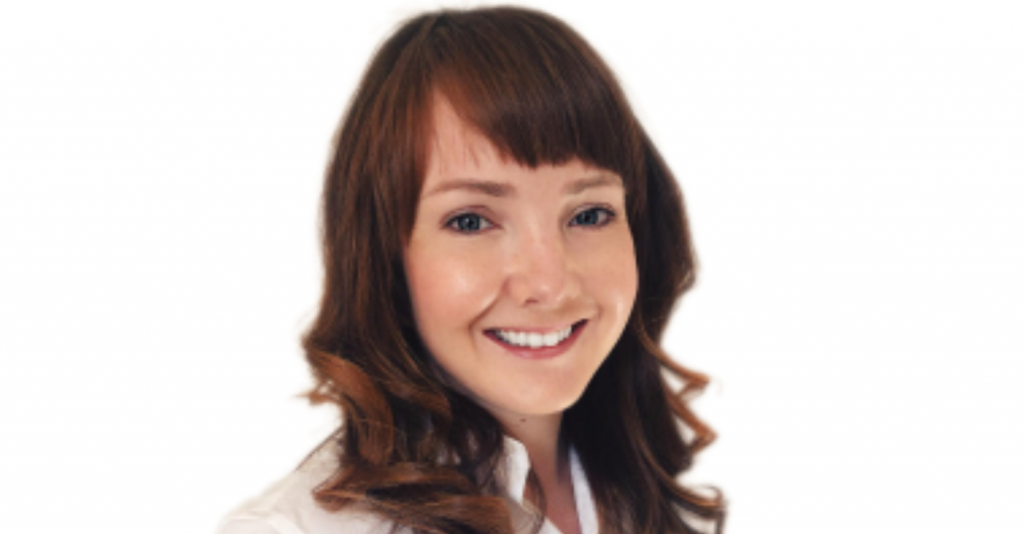Employers have a key role in creating cultures that more positively support working parents in three vital aspects of life, according to Katie Crook-Davies, co-chairwoman of the Income Protection Task Force (IPTF)
Crook-Davies (pictured), who is also co-founder and managing director of consultancy Tabei, urged organisations to encourage employees to work flexibly, ensure fathers can take more paternal leave, and help mums and dads navigate the mental health challenges of parental guilt.
Speaking at the Women In Protection conference, she explained that starting a family affected women’s careers and finances more than men, highlighting that while 90% of fathers were in work, only three quarters of mothers were.
This will hit their finances, whether it be through future earnings, career progression or pension contributions.
There were also mental health challenges of new mums who want to return to work and the cost of childcare.
Consequently Crook-Davies has been looking into the lives of working parents and insurance, different family structures and different stages of parenthood and how people are balancing work and family.
Workplace flexibility and degendering life
This work resulted in the identifying of three challenges holding working parents back, she continuned.
“The first theme is workplace flexibility which people talk about and I think we’ve seen some really positive shifts in terms of policies being put in place, but going beyond the policy, what support is there?” she said.
“What’s the culture like in the organisation to encourage people to use those flexible work policies?
“And is that flexibility feasible from a business perspective? The business has to make it work from that perspective as well. That was one area we identified.”
Another area came in the form of degendering home and work lives.
“Women do still take on the lion’s share of care,” Crook-Davies continued.
“There has been a shift which is great, but they do still take the lion’s share, so how do we change that and how do we help more dads take leave?
“Is that role modelling at senior level? How do we help mums transition back into work and know that it’s okay to come back early if that’s right for you and your family.”
Parental guilt
The final opportunity area was around parental guilt.
“I’m sure most people in this room have had parental guilt,” Crook-Davies explained.
“I know I deal with it and it’s there and it’s based around these unrealistic expectations that we put on ourselves.
“There is personal work that can happen there and we can help improve that, but I do think organisations also have a role to play in helping their people manage that parental guilt.
“Manage that mental health aspect of being a parent and just feeling that you’re not doing a great job, because you are, all working parents are doing a great job but its acknowledging that,” she concluded.
